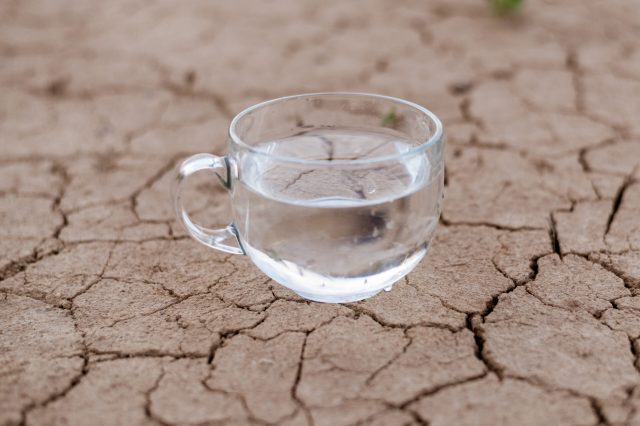Course Summary
This course is for Advanced Practice Registered Nurses, Registered Nurses and other Interdisciplinary Health Team Members who are seeking autonomous practice or advanced certification continuing education credits. The average adult/s body consists of a significant amount of water. A normal balance of water in the body is crucial to maintaining good health and managing diseases. The consequence of fluid losses can lead to significant health problems if fluid loss is not remedied. Establishing the cause or causes of fluid balance abnormalities can be challenging. A clinician must be able to interpret clinical observations and laboratory tests to understand if a patient has normal water loss that may be replenished or whether there is a medical reason for the water loss that requires intervention. Dehydration and volume depletion are associated with water loss but they are distinctive concepts that require different management and treatment approaches. A careful assessment of a patient/s symptoms and laboratory results can guide a clinician into a proper diagnosis and lay a foundation for a treatment plan that will provide the patient with the best outcome.
Course Format
Homestudy
Learning Objectives
- To inform health clinicians of the diagnosis, evaluation and management of dehydration and volume depletion.
Course Syllabus
- Introduction
- Overview: Water Balance and Function in the Body
- Functions of Water
- Defining Dehydration and Volume Depletion
- Total Body Water
- Maintaining Fluid Balance
- Motivational Interviewing and Stages of Change
- Mechanisms of Water Intake
- Primary Types of Fluid Loss
- Gastrointestinal Fluid Loss
- Renal Fluid LossSkin and Fluid Loss
- Third Space Sequestration of Fluid
- Decreased Intake
- Assessment of Dehydration and Volume Depletion
- Signs and Symptoms
- Laboratory Tests
- Treatment: Fluid Maintenance and Replacement
- Mild Dehydration
- Maintenance Fluid Therapy
- Fluid Therapy for Volume Depletion
- Dehydration in Children
- Case Study: Dehydration in an Infant
- Discussion
- Summary
Author
Dana Bartlett, RN, BSN, MSN, MA, CSPI
Dana Bartlett is a professional nurse and author. His clinical experience includes 16 years of ICU and ER experience and over 27 years as a poison control center information specialist. Dana has published numerous CE and journal articles, written NCLEX material, textbook chapters, and more than 100 online CE articles, and done editing and reviewing for publishers such as Elsevier, Lippincott, and Thieme. He has written widely on the subject of toxicology and was a contributing editor, toxicology section, for Critical Care Nurse journal. He is currently employed at the Connecticut Poison Control Center. He lives in Wappingers Falls, NY.



